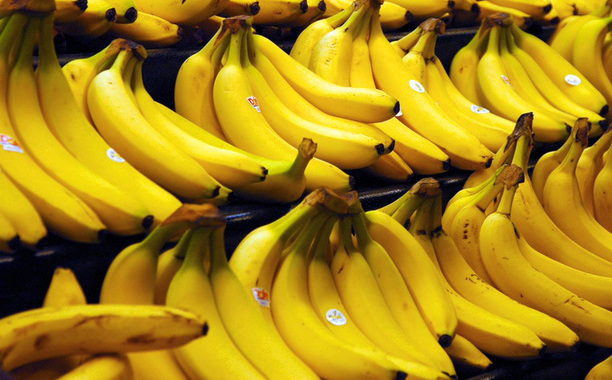Consumption of potassium rich foods has more positive effects on health than partaking in a low-salt diet, according to latest study.
A new study tracked eating habits and blood pressure of 2,185 girls, ages 9 to 10, for over 10 years, and the findings were published in the journal JAMA Pediatrics. Researchers claim that eating potassium rich foods helps you maintain lower blood pressure both in childhood and later in adulthood, but low-salt diet has no effect on blood pressure, as was previously believed.
[quote text_size=”small” author=”– Dr. Lynn L. Moore” author_title=”The study’s lead author and an associate professor of medicine at Boston University”]
These findings were important because nutrition often recommends reduction of sodium intake, but the study suggests that teenagers would get more long-term benefits by eating more potassium-rich foods and not worrying about salt.
[/quote]
According to The New York Times, many teenager-friendly foods are a great source of potassium. For example, banana has 420 milligrams, whole baked potato has about 700 milligrams, and even baked sweet potato fries have about 500 milligrams of potassium.
[quote text_size=”small” author=”– Dr. Lynn L. Moore”]
The recommended intake of potassium is 4,700 milligrams a day, but only small amount of people actually achieve that. (…) It may be that potassium is more of a determinant of blood pressure than sodium is. The kids who consumed the most potassium had much lower blood pressures by the end of adolescence. What we need to focus on is increasing potassium intake rather than focusing on restricting sodium intake.
[/quote]
On other hand, results from study published in Dietary Guidelines for Americans in 2010, suggest that sodium intake for anyone between 2 to 50 years old should be limited to less than 2,300 milligrams per day.
According to American Heart Association, most Americans consume around 3,400 milligrams of sodium, twice the AHA’s recommendation of 1,500 mg, putting them at greater risk of high blood pressure, because with certain people sodium increases blood pressure by retaining excess fluids in the body, thus putting more stress on the heart.
Immortal News covered a similar story about a study showing that Americans consume too much sodium, due to the grocery store foods containing greater amounts of it.
























